Entertainment Law Overview
Entertainment law covers legal issues in the entertainment industry, including film, television, music, and sports.

Key Components of Entertainment Law
Contracts
Definition: Agreements between artists, producers, and companies.
Example: A recording contract between a musician and a label.
Intellectual Property
Definition: Protecting creative works like music, films, and shows.
Example: Copyrighting a screenplay.
Labor Agreements
Definition: Agreements between artists and their representatives.
Example: Union contracts for actors or musicians.
Rights of Publicity
Definition: Controlling the commercial use of a person’s identity.
Example: A celebrity licensing their image for advertising.
Federal Laws
Copyright Act: Protects creative works.
Lanham Act: Protects trademarks.
State Laws
Vary by state but typically include protections for rights of publicity.
Example: A state law allowing celebrities to control the use of their image.
Causes of Action
- Failing to honor agreements between artists and producers.
- Unauthorized use of creative works.
- Making false statements that harm a person’s reputation.
Resolutions and Remedies
- Monetary Damages: Compensation for financial losses.
- Injunctive Relief: Court orders to stop unauthorized use of works.
- Settlement Agreements: Negotiated resolutions to avoid litigation.
